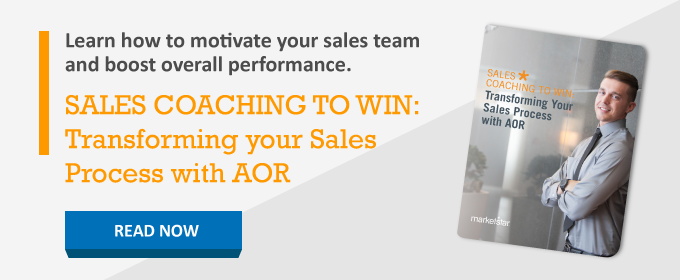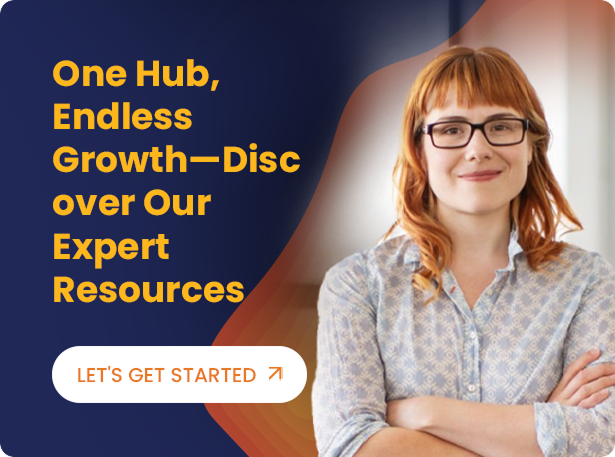
Whom would you rather buy from? The slick sales rep with the aggressive sales pitch who wants you to decide today, or the sales rep who asks questions, listens to understand what you need, and takes the time to work with you to find the right solution. The answer is easy, but the reality is there are still too many quota-driven sales reps out there who put closing the deal ahead of the needs of the customer. Sales reps with happy customers and long-term success are the ones who master the art of selling without selling.
The secret to selling without actually selling is focusing on the customer. It’s all in the approach. If you were to meet someone at a party and all they could talk about was themselves and how great their stuff is, would you want to continue the conversation? To engage, you need to show interest in the other party, ask leading questions, and show a genuine desire to learn more about them.
The same is true in sales—it’s more important to engage than to promote what you have to offer. That’s the key to selling without selling.
The New Era of Consultative Selling
Today’s customers are more knowledgeable than ever, which puts old-school sales reps at a disadvantage. A Forrester report says 68 percent of B2B customers prefer independently researching solutions online. In fact, most B2B buyers are 70 percent through the buying process before they even talk to a sales rep. With fifty-one percent of B2B buyers relying more on content to research business solutions than they did a year ago, these customers are better informed. In fact, they’ve often already made up their minds about what they need, and often whom they want to buy from, before they even engage with a sales rep.
How does this impact the sales role? Since prospects already enter the pipeline “pre-sold” to some degree, the sales rep has to nurture prospects with relevant information and solutions tailored to address specific pain points. Selling without selling is about offering real, workable solutions. Rather than convincing prospects to buy, the sales rep acts as consultant, providing valuable advice and information that makes the sales experience more valuable to the prospect and more profitable for your company.
Become a Valuable Resource
Being a successful consultant requires a different skill set than being a successful closer.
Get them to like you. Rather than focusing on telling prospects how great your products are, you need to develop the relationship and focus on what they need. Let them talk. Listen. Let them share their pain points. Let them show you how smart they are and how much they have learned by doing their own research.
-
Be calm and authoritative. As you validate the prospect’s knowledge and research, you also want to set the stage to show your value as a sales consultant. Be calm and relaxed. You are not trying to subdue the customer but collaborate with them.
-
Listen, don’t pitch. Active listening is a powerful consulting approach. With active listening, you are focusing on the customer with all your senses. Maintain eye contact, smile, and find ways to demonstrate that you are carefully listening. Encourage them to continue. Learn as much as you can about them and show real interest so you can align your offering with their pain. When properly applied, active listening helps the prospect sell themselves with little guidance from you.
-
Ask questions. The first phase of any consultative engagement is data gathering, so start by asking probing questions. Learn more about their ideas and what they are looking for. Ask about the end users and their requirements. Get them to prioritize the features they are seeking and learn more about their view of what they need. It’s also useful to ask about spending up front, so ask about the size of their budget and what they would like to see in terms of ROI.
-
Be knowledgeable. You want to validate the prospect’s market knowledge and provide new information that has real value. Remember that you are selling a solution, not just your own products, so you need to know about the competition and alternative approaches. This will instill confidence and make your argument more credible when you explain the superiority of your solution. Successful consultative selling applies the 80/20 rule: 80 percent of the content you provide is about the customer, and 20 percent is about your products.
-
Offer relevant solutions. After you engage, establish a rapport, and learn all you can, offer suggestions. Start by framing your recommendations: “From what you have told me, I understand you need A, B, and C.” Then you can suggest products or services that have the necessary features to address the problem. Be sure to match features to the customer’s priorities so you can discuss alternative strategies.
Properly applied, a consultative approach enables you to sell without selling. Rather than being just another sales rep, you become an invaluable resource, which means customers should be eager to take your call because they know you will give them new insights. Focus on the customer’s needs and make a commitment to their success, and you will build customer loyalty and increase your overall sales volume without actually selling.









